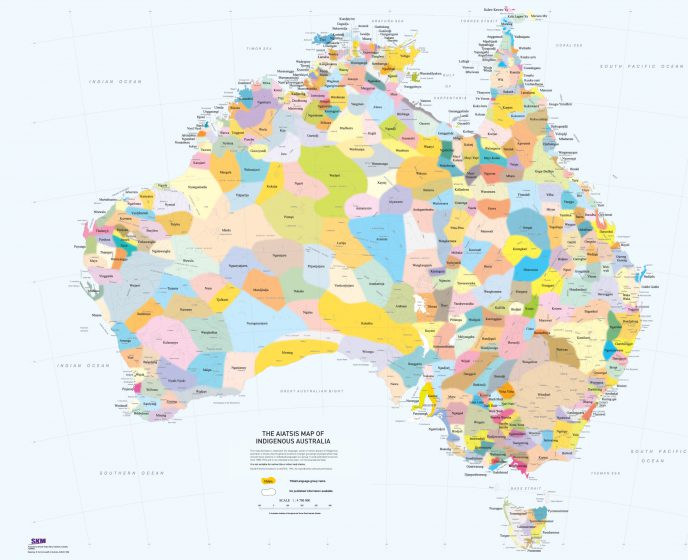Journal: Leadership in Health Services
Guest editors: David Rosenbaum, Elizabeth More, Mark Orr
Overview of special issue
Whilst the whole health sector is grappling with change, especially since the COVID-19 pandemic, there has also been a major reconfiguration of the disability sector, including the introduction of the National Disability Insurance Scheme in Australia, and outcomes from a variety of Australian Royal Commissions into aged care, disability, mental health, and suicide. Globally, there are many examples of similar enquiries that continue to challenge the specific and unique leadership requirements in these sectors. These also challenge traditional leadership, strategy, and approaches to managing change.
This Special Issue will focus attention on the challenges across these sub-sectors and identify appropriate evidence-based leadership practices that could add value to practitioners whilst also expanding academic theory in the process.
The specific aim of this issue is to inform practice, and this will be achieved with articles by experienced practitioners and researchers who can apply a practiced-based lens through their academic research. In the process, this may also challenge existing academic theory in these areas.
Indicative list of anticipated themes
1. Models of leadership that drive innovation in these sectors:
- Innovation benefitting patients and the health system is critical but there is inadequate research focussed on how leadership can develop a culture of innovation.
- We need healthcare innovation in using new technologies, models & governance for enhancing disability services.
- How do health crises such as HIV/AIDS & COVID 19 affect innovation through effective leadership?
- What leadership styles are appropriate in a VUCAD environment in the health sector?
- How does leadership of organisation culture in disability organisations support innovation?
- What new approaches exist for leadership development to encourage entrepreneurship in the health sector?
- How did COVID 19 disrupt traditional operations & accelerate innovation & transformation in healthcare?
2. Risk-based practices in planning and implementing change in the broader health sector:
- Ensuring change readiness diminishes risk
- Risks across many fronts – equipment malpractice, procedures, resources, finance, skills, employees, leadership etc
- What are the risks in implementing & sustaining evidence-based practice in health care settings across structures, values, hr, governance, & external political pressures?
- Are there specific risks in implementing principles of recovery oriented mental health practice?
- What are some of the gaps between new health knowledge in disability and implementation practice?
3. Culture of change that informs organisational preparedness:
- What is culture’s role in facilitating change in the health care sector?
- How does one lead in a culture of change?
- How can policy makers & governments encourage culture change & capitalise on its transformational power in the sector?
- How can cultural change be best aligned with structural reorganisation & systems reform for expediting a complex healthcare system?
- What are the cultural competencies required of healthcare professionals in facing crises such as pandemics, especially in meeting the needs of the disability, indigenous and migrant groups?
- What are the contributions of theory to practice in implementing cultural change in the health sector?
- What factors in organisation culture influence health care performance?
4. Future health care organisations:
- Key health care policy and management challenges
- Increasing competition for quality talent in the disability sector
- What unique learnings have accrued from COVID & its effect on future healthcare?
- The telemedicine revolution in health care delivery has arrived – digital health
- Opportunity to have hybrid models of healthcare delivery for service users – personalised medical service
- Should we be increasing the uptake of apps by healthcare professionals and patients – benefits and challenges?
- Making the healthcare system of the future more resilient
- How can we successfully input and improve healthcare policy, strategy and governance?
5. Organisation design in this sector in a post-COVID-19 environment:
- Impact of COVID on healthcare system’s demand, resources, and capacity
- Need for digital health care design expertise
- Designing for remote patient care
- How have government policy & practices impeded change designs in disability healthcare facilities?
- Designing for contactless healthcare services for diverse groups, including disability and mental health care
- Strategies for survival and renewal for healthcare organisations in an increasing stretched and competitive environment
- Considerations for healthcare employees and wellbeing
6. Leadership development changes required in the health-related organisation of the future:
- How do we design positive transformative leadership development practices in healthcare?
- What is the best way to address the educational and development needs of different healthcare professional groups?
- What is the commitment to ongoing leadership development in the industry?
- How well is the industry ensuring education for diverse groups such as indigenous, psychosocial and immigrants?
- What are the challenges of evidence based distributed leadership development in healthcare?
- We need to consider a diversity of models for clinical leadership development in healthcare across individuals, teams, and organisations.
7. The impact of lived experience on leadership in this sector
- What role should people with lived experience of mental health issues or disability have in leading and governing health care and disability organisations?
- What models of inclusive governance can ensure people with lived experience lead, set the cultural tone of, and ensure innovation in services they access for supports?
- How is co-production embedded in organisational culture and practice to facilitate the contribution of people with lived experience in all aspects of service design, delivery and evaluation?
- What education and supports are required to enable people with lived experience to actively contribute to organisational leadership and governance?
- Does the digital divide act as a barrier to co-production and people with lived experience’s leadership in services?
- What should be the role of people with lived experience in the regulation of services, the review of serious incidents, and quality and continuous improvement leadership in services?
Guest Editors
David Rosenbaum, King’s Own Institute, rosenbaum.au@gmail.com
Elizabeth More, Study Group Australasia, emore@studygroup.com
Mark Orr, Flourish Australia, mark.orr@flourishaustralia.org.au
Submission details
To submit your research, please visit: https://mc.manuscriptcentral.com/lihs
To view the author guidelines for this journal, please visit: https://www.emeraldgrouppublishing.com/journal/lhs#author-guidelines





